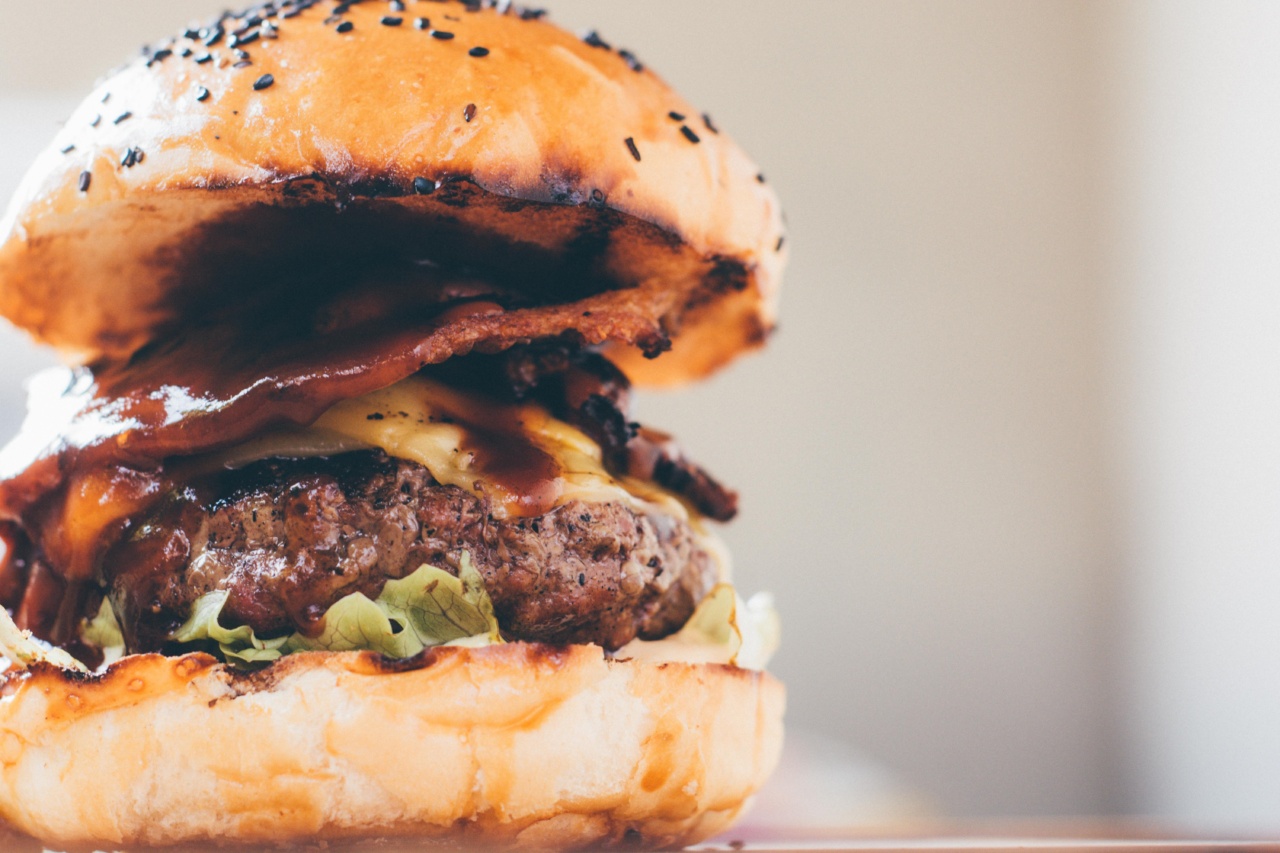Cheese is one of the most versatile and delicious foods in the world. It can be used in a wide variety of dishes, from pizza to grilled cheese sandwiches and so much more.
However, not all cheeses are created equal, and there are some that should never be melted. Melted cheese can lose its flavor and texture, and some cheeses can even become dangerous when melted. Here are ten cheeses you should avoid melting.
1. Fresh Cheeses
Fresh cheeses like ricotta, feta, and goat cheese should never be melted. They are made from soft curds that can easily break down when heated, resulting in a grainy or watery texture.
These cheeses are best used as toppings or in cold dishes, like salads or dips.
2. Oily or Greasy Cheeses
Cheeses that are high in fat and oil, like brie, camembert, and triple-cream cheeses, should be avoided when melting. When heated, the fat in these cheeses can separate and cause the cheese to become greasy and unappetizing.
3. Blue Cheeses
Blue cheeses like roquefort and gorgonzola should never be melted. The strong flavor of these cheeses can be overwhelming when melted, and can even become bitter.
These cheeses are best used as crumbled toppings or in cold dishes, like salads or dressings.
4. Processed Cheese
Processed cheese, like American cheese, should never be melted. These cheeses are not real cheese, but a cheese-like substance made from a combination of milk protein, fat, and other additives. When melted, they can become stringy and unappetizing.
5. Soft Cheeses with Rinds
Cheeses with edible rinds, like brie and camembert, should not be melted. The rind can burn and become hard and inedible, while the cheese inside can become runny and unappetizing. These cheeses are best served at room temperature, with the rind intact.
6. Low-Fat Cheeses
Cheeses that are labeled as low-fat or reduced-fat should not be melted. These cheeses have a lower fat content, which can make them less flavorful and less meltable. Instead, opt for full-fat versions of these cheeses when melting.
7. Hard Cheeses
Hard cheeses like parmesan, romano, and asiago should not be melted. Due to their low moisture content, they can become tough and chewy when heated. These cheeses are best used as grated toppings or in cold dishes, like salads.
8. Fresh Mozzarella
While traditionally melted on pizzas, fresh mozzarella should not be melted on its own. It can become gummy and lose its delicate flavor and texture. Instead, use fresh mozzarella in cold dishes or with other ingredients, like in a caprese salad.
9. Cheeses with Additives
Cheeses that have added ingredients, like herbs or spices, should not be melted. These ingredients can burn and become bitter or inedible. Stick to plain versions of these cheeses when melting.
10. Vegan Cheeses
Vegan cheeses made from plant-based ingredients should not be melted. These cheeses are not designed to melt the same way as dairy-based cheeses, and can become oily and unappetizing when heated.































